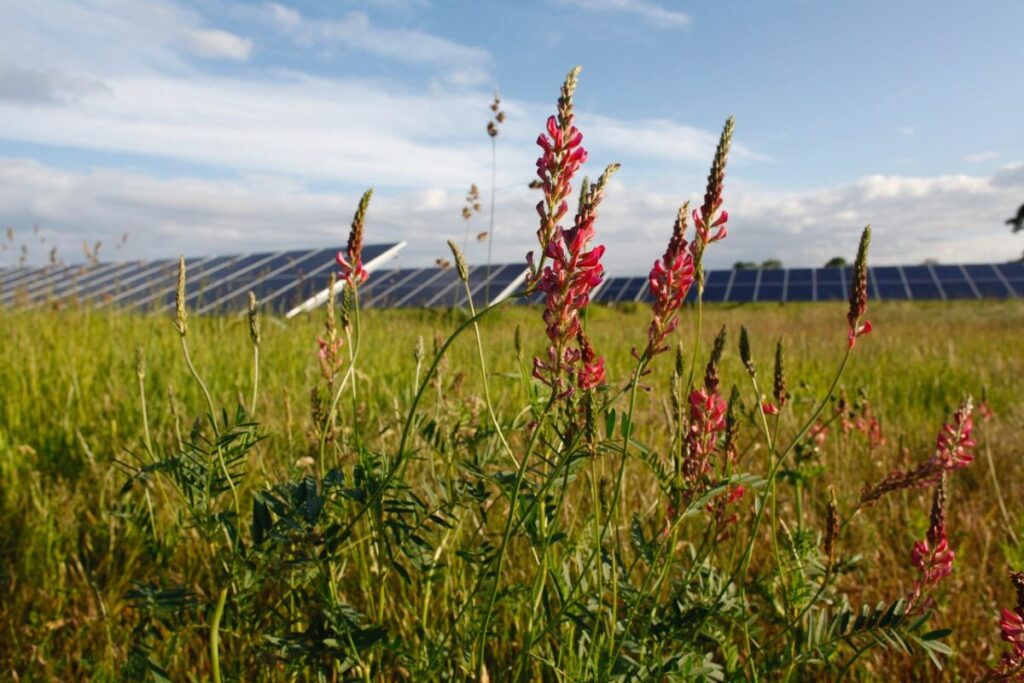The UK government is considering proposals to make community benefits a legal obligation for developers building onshore and offshore wind and solar PV.
Communities hosting renewable energy generation projects could benefit from new community facilities, better transport links and investment in apprenticeships under the plans.
The government is consulting on introducing the legal mandate as part of its Plan For Change. Locals would decide where the investment would go; plans also set out how communities could own a stake in the renewable energy infrastructure they host through shared ownership.
It would set minimum community benefit fund amounts based on the size of infrastructure projects, starting at tens of thousands a year on the smaller end and reaching into the millions for large-scale developments.
Earlier this year, the Department for Energy Security and Net Zero announced that as part of the government’s Plan For Change, households living near new or upgraded electricity transmission pylons would receive energy bill discounts of up to £2,500 over 10 years.
The government is seeking input on the proposal, asking for feedback on which types of energy infrastructure should be required to pay into community benefit funds, which could include energy storage as well as renewable energy generation.
Ames Robottom, head of policy at trade association for offshore generation technology developers RenewableUK, commented: “Renewable energy developers have a long history of providing a wide range of benefits for local communities, such as community benefit funds which support local initiatives, electricity discounts, employment initiatives and environmental projects.”
Gemma Grimes, director of policy and delivery for solar industry trade association Solar Energy UK reiterated this sentiment, saying “solar farms are already providing a wide range of voluntary community benefits”.
She warned that it is important to retain flexibility, ensuring that communities have a say in what they gain. Grimes said: “Adopting a mandatory system risks limiting the ways that a community can benefit from hosting infrastructure, undermining the goals we all share and making it harder to be a good neighbour.”
Community benefit guidance and case studies
Non-profit energy organisation Regen recently published a best-practice guide to community engagement for renewable energy and storage projects. A crucial element of this is the community benefit fund; Regen argues that community benefit discussions must be kept separate from the planning process, which should focus on the project’s technical, environmental and regulatory aspects.
The paper suggests shared ownership as a form of community benefit, as the government has proposed as a potentially mandated offer under the new regulation. Both Regen and the government reference the 20% community-owned Forest Gate solar PV plant developed by Eden Renewables, a 49.9MW solar and BESS project in North Wiltshire, as a case study for the success of such schemes.






